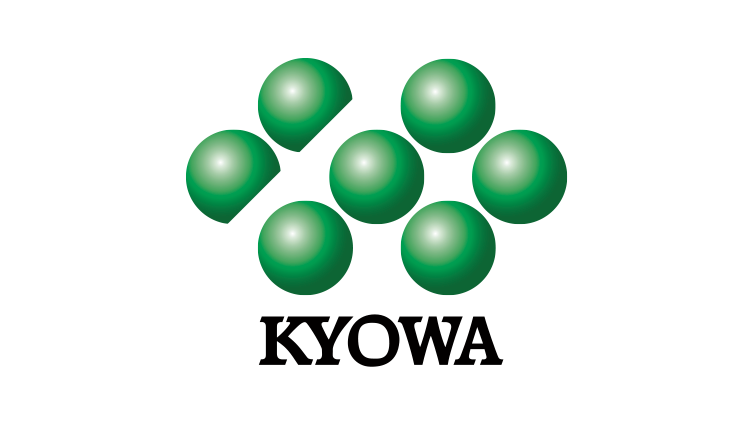Promotional Features
A cutting-edge, clinically researched postbiotic for immune support
Consumer demand for immune health products is at an all-time high, and projected to continue for years to come. A strong immune system is critical for good health.
A strong immune system is critical for good health. When it is operating efficiently, immune cells use innate and adaptive functions to react to invaders of the body. If our immune system has become weak, we are vulnerable to various illnesses.
The COVID-19 crisis has made consumers worldwide even more aware of the critical role of a strong immune system and preventive self-care. Consumer demand for immune health products is at an all-time high, and projected to continue for years to come. The global immune health supplement market is expected to reach $27.6 billion by 2026. Increased awareness of health issues, the importance of having a strong immune system, and a growing interest in maintaining a healthy lifestyle are driving demand.
Recent consumer studies show that immune supplement users make up around 80% of all supplement users in the U.S.; and, although postbiotics are a novel sector of immune health, 21% of immune supplement users are very or extremely familiar with them and 33% of postbiotic supplement users always look for branded ingredients. Everyday events such as lack of sleep, stress and poor diet along with recent global events have made immune supplements a category of interest for consumers. The immune system is comprised of a variety of different immune cells, each with their specialized role, that must work together to effectively maintain the overall health of the body. In order to do so, they need a leader.
Enter the plasmacytoid dendritic cell (pDC), a unique type of immune cell that acts as the commander of the immune system. Once activated, pDCs recruit and stimulate nearly all other immune cells, orchestrating a comprehensive immune response.
Discovered in the 1990s, pDCs rapidly secrete large quantities of interferons (more than any other immune cell type) in response to external stimuli. Interferons are signaling molecules that trigger the activation and production of various immune cells, including natural killer (NK) cells, B cells and T cells, that each play their own important role in immune defense.
While most immune cells are either part of the innate or adaptive immune response, pDCs play a vital role in bridging the body’s first-line defenses and long-range immunity — communicating and organizing activity across both branches of the immune system.
Interferons are signaling molecules that trigger the activation and production of various immune cells, including natural killer (NK) cells, B cells and T cells, that each play their own important role in immune defense. |
One way to stimulate pDC activity is with Lactococcus lactis strain Plasma (LC-Plasma), a unique strain of lactic acid bacteria with a novel mechanism of action. IMMUSE is the first commercially available dietary and food ingredient shown to activate these influential cells, providing more comprehensive immune support.
LC-Plasma has been clinically shown to directly activate a rare subset of immune cells called plasmacytoid dendritic cells (pDCs) that act as leaders of the immune system, recruiting, stimulating and directing other key immune cells involved in innate and adaptive immunity. IMMUSE LC-Plasma provides comprehensive immune support by activating pDCs, which stimulate the activity of multiple immune cell types, including natural killer (NK), killer T, helper T and B cells.
As consumers become more discerning, placing a high priority on scientific evidence and clinical research to determine the effectiveness of immune health products, product manufacturers need ingredient supply partners that not only understand the science, but are capable and dedicated to backing up their products with published studies, human trials, and the educational materials. Backed by 29 published studies, including 14 human trials consisting of 12 efficacy studies and 2 safety studies, IMMUSE is one of the most comprehensively studied postbiotics for immune support — meeting growing consumer demands for evidence-based immune health products.
Kyowa Hakko is a world-class manufacturer of a wide range of amino acids and related compounds, vitamins and nucleic acids established nearly 70 years ago. Their patented science and processes have helped them become a global leader in developing, manufacturing and marketing ingredients for nutraceutical, pharmaceutical, and food industry. Scientists at Kirin, Kyowa’s parent company and worldwide leader in fermentation technology, recognized the crucial role of plasmacytoid dendritic cells (pDCs) in immune defense and set out to discover a safe strain of lactic acid bacteria that could directly activate pDCs for more comprehensive immune support all year round. They discovered Lactococcus lactis strain Plasma (LC-Plasma), which was then cultivated, heat-treated and patented for sale as IMMUSE.






